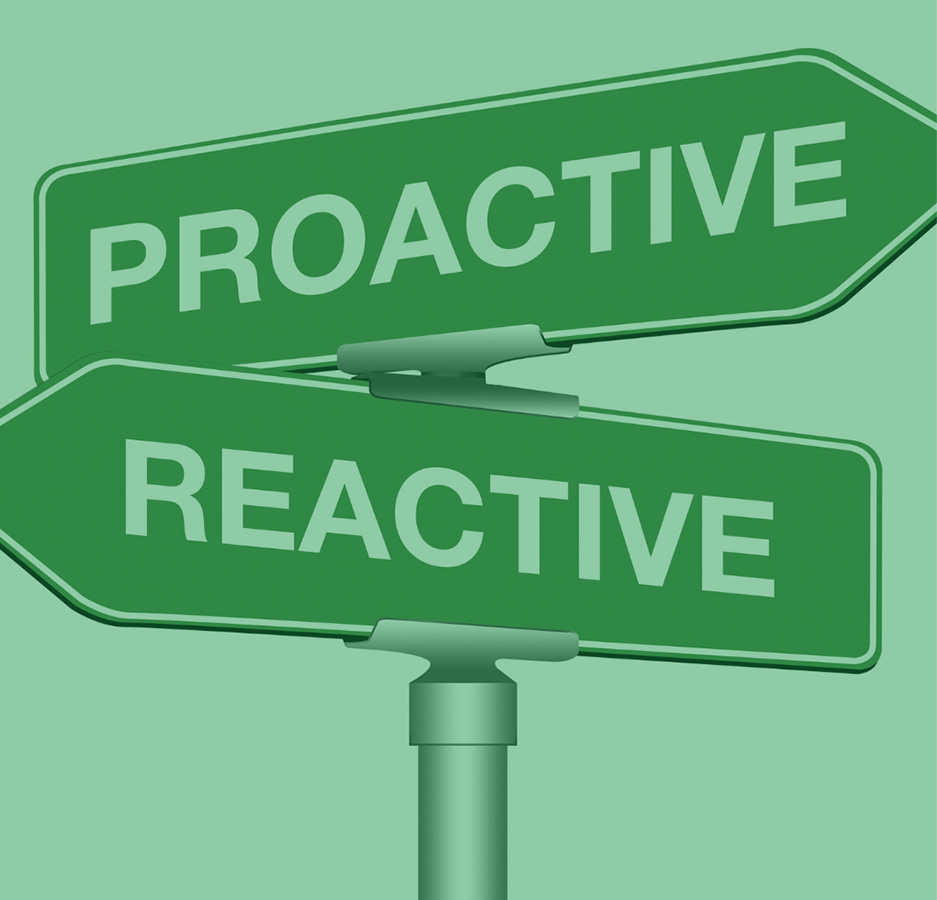There are three generations who are primarily active in today’s workforce; Baby Boomers, Generation X, and Generation Y— with Generation Z just beginning to enter the workforce. Understanding generational differences may help to shed some light on why people act the way they do. More importantly, learning about generational differences may provide helpful insight into how your coworkers operate. This can be extremely beneficial in creating healthy working relationships and developing a stronger team. In multi-generational companies managers can define and include mentor programs, facilitate generational diversity training, and enhance communication methods in order to improve their workforce cross-generationally.
Baby Boomers
This cohort is characterized by hard work, resistance to authority, and a feeling of having earned the right to be in charge. As this generation is largely a by-product of World War II, they have additionally experienced historical events such as the Cuban Missile Crisis, the civil rights movement, the Vietnam War, Woodstock, Beatlemania, and the moon landing that have helped shape them into who they are today. These individuals can be found at the top tier of many businesses as Baby Boomers hold the most senior and high-level positions throughout the private and public sectors. Managers can more effectively lead this group of people by recognizing this generational cohort with praise and position and expecting them to be loyal. Managers can likely motivate this group of individuals with monetary rewards.
Generation X
As Baby Boomers vacate the highest-level positions, Generation X steps up to fill their shoes in a drastically different way. Gen X has key attributes resulting from the way they were raised and present independence and self-reliance as their top characteristics. This can be largely attributed to Generation X’s historical events that have influenced their characteristics like the Fall of the Berlin Wall, the Challenger disaster, the Energy crisis, Jonestown mass suicide, the Rise of the personal computer, and of course the Watergate scandal. Gen X tends to be suspicious and cynical, yet values family-work balance more than the generations above and below them. Another stark difference from the Baby Boomers, Gen X is not particularly loyal to their employer because they don‘t expect their employer to be loyal to them. When managing Gen X individuals, managers should try to make work meaningful and fun for this cohort and understand their skepticism for what it is; a reflection of their honest observations about the relationship between employer and employee.
Generation Y
Next, comes Generation Y, also known as Millennials. Generation Y has had a front-row seat in terms of significant Computer and technology boom, school shootings, diversity, reality TV, and the push for further female equality. Each of these historical events has a hand in shaping how people operate in the workplace. However, the problem of a generationally diverse workplace is present in most companies today. This generation elicits the same incongruity of values that one expects between parents and children. Here, the Millennials personify all the tech-savvy, social networking, and constant connectedness. This attribute often proposed conflicts with that of the Baby Boomer generation. This birth of technology and the instantaneous nature is reflected in Gen Y’s need for instant gratification in the workplace. The recommendation here is for managers to find new, innovative, and creative ways to make the workplace engaging. In addition, managers should be careful to show verifiable career opportunities to this cohort. In opposition with their parents and grandparents, Generation Y will thrive off of attention and expect feedback from their managers, where Baby Boomers will do their job and like to be left alone.
Generation Z
Generation Z is defined as the generation born in the late 1990s and raised in the 2000s - they can kind of be seen as accentuated Millennials. They are also known as the Tech Native because of their absolute reliance on technology. Those in Generation Z often view the internet, for example, as a way of life rather than a tool. While there isn’t a lot of research on Generation Z just yet because they are the newest generation to enter the workforce, the research that does exist does not hold them to high esteem. Our research, with some of it attributed to their reliance on technology, characterizes them as the most individualistic, self-directed, demanding, covetous, materialistic, and entitled generation ever. Despite these drawbacks, their entitlement and demandingness also mean that they are often very conscious of looming shortages and have a high sense of responsibility towards natural resources. Generation Z prefers face-to-face interaction whether that be in person or through the screen. Managers should note that when leading Generation Z, they largely crave independence and prefer a flexible approach to work schedules. As a manager you can also expect Generation Z to take full advantage of opportunities to prove themselves, so you should provide ample ability for challenges and mentorship.
In all, understanding the generational characteristics of those you manage and your coworkers can help to improve workforce morale, overall cohesiveness, and productivity. Wanting more tips and tricks on managing your workforce? Head over to our recruiting and staffing blog!



